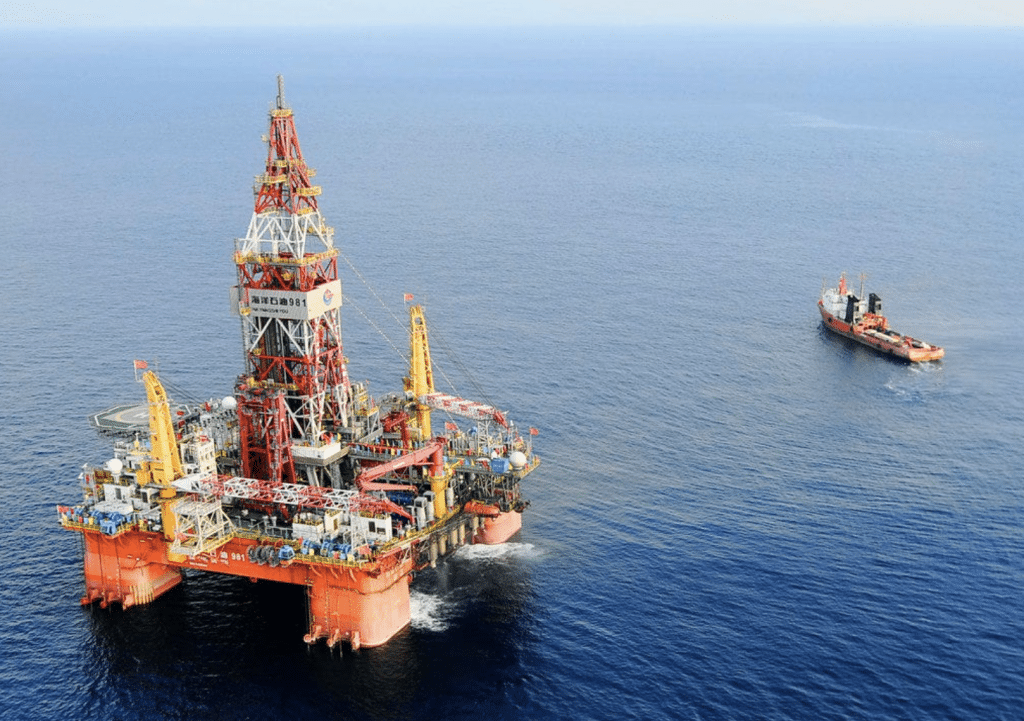If you do work that most people consider unusual or unconventional, then you might enjoy it. If you pick a profession that lets you experience things that most people don’t, you may feel that you’re living an extraordinary life. In such a job, you might also deal with some risks the average person never will.
For instance, you might work on an oil rig. If you do, you are doing a job that most people wouldn’t even consider. You need a particular skill set, and you’d better have more than the average amount of bravery.
However, you should know about common hazards faced by oil rig workers as well. They’re pretty serious, and you shouldn’t take them lightly.
In this article, we’ll talk about some pros and cons of working on oil rigs. If you feel you have the aptitude, and the rewards outweigh the potential risks, then it’s something you might at least consider if you’re thinking about entering a new career.
You Will Probably Make Good Money
Let’s start with the pros. If you decide that you want to work on an oil rig, then you will likely make pretty good money, even when you’re just starting out. Working on an oil rig, partially because of the danger element, pays well.
How much you’ll make varies. If you start out as a roughneck or roustabout, as the industry calls such positions, you might make $50K-$80K per year. If you work as a derrick operator or a driller, that’s when you start getting into the range of $80K-$120K per year.
If you’re making six figures, that’s more than a lot of individuals make in this country in a variety of fields. You can potentially earn even more, though.
If you work at a top-level position in this industry, that probably means you have a title like drilling supervisor or petroleum engineer. Those can easily make $150K-$200K per year. If you’re in a management position, you will probably make at least six figures.
A Relatively Stable Job
We’re living in a time when there’s a lot of instability in many niches and industries. You could say that about any time period, but at the moment, there’s a fear in many industries about the arrival and implementation of AI and automation in a more general sense.
That is not a very prevalent worry in the oil industry, at least at the moment. If you work on an offshore oil rig, you should have a job for many years to come. Even during economic fluctuations, if you have the requisite skill set, and you can prove you’re a hard and reliable worker, you should have a job you’re in no danger of losing.
Development and Training
If you show that you have the aptitude when you start out as a roughneck or roustabout, and you also express that you want to learn more highly skilled positions, you can often do that. You can usally get your company to train you, and to pay for your training.
These training programs might lead to you going from a roustabout position to a drilling or supervisory one. That’s when you can start to command a much higher salary, and you’ll have jobs skills that make you more in demand as well.
The Rotational Schedule
You can work a rotational schedule that many individuals enjoy. You may work for a set period of weeks. When that part of the rotation concludes, you will likely have that many weeks off.
If you don’t mind an intense work period of several weeks followed by some downtime, then you may learn to like this setup.
The Physical Demands
Getting into the cons, you should know that virtually every position on an oil rig carries some strenuous physical demands with it. For example, if you must lift heavy equipment or use large tools, that requires strength. If you start as a roustabout or roughneck, you need power, and if you’re slight of body, you might not have what the job requires.
Environmental Concerns
You might also have environmental concerns if you work in this industry. Some people don’t mind that, but if you look at harvesting oil and the drilling process for any length of time, you’ll probably learn that it harms the environment.
Most people seem to think that using oil won’t sustain humanity forever, and that eventually, we must move into safer and more environmentally-friendly practices to survive. If you don’t mind the ethical implications, though, you may not have these particular concerns.
High Accident Risks
You can always experience a serious accident when working on an oil rig. You’re in a hazardous working environment. There’s no getting around that.
If you make a mistake, or someone else does, you could seriously injure yourself or die. You might kill someone else by accident.
These situations can occur almost instantaneously. It’s the kind of job where, if you stop paying attention for just a moment, a cataclysmic event can take place.
Homesickness and Isolation
Since you’re usually on the oil rig for weeks before you can go home, you might miss your family and friends very much. You’d also better hope that you get along with your coworkers okay, because if you don’t, you might end up quarreling with them. You’re all stuck in close quarters with each other, and that’s not easy if you and someone else rub each other the wrong way.
Long Working Hours
You work long hours on an oil rig. You might have an exhausting shift that drains you to the point where you’re like a shell of yourself by the end of it.
The drawbacks seem significant when you look at this profession, but you can see that major benefits exist as well. You can’t know whether you’ll like this kind of work till you try it. Some people end up loving it, but there’s no doubt that not everyone can do these jobs.
